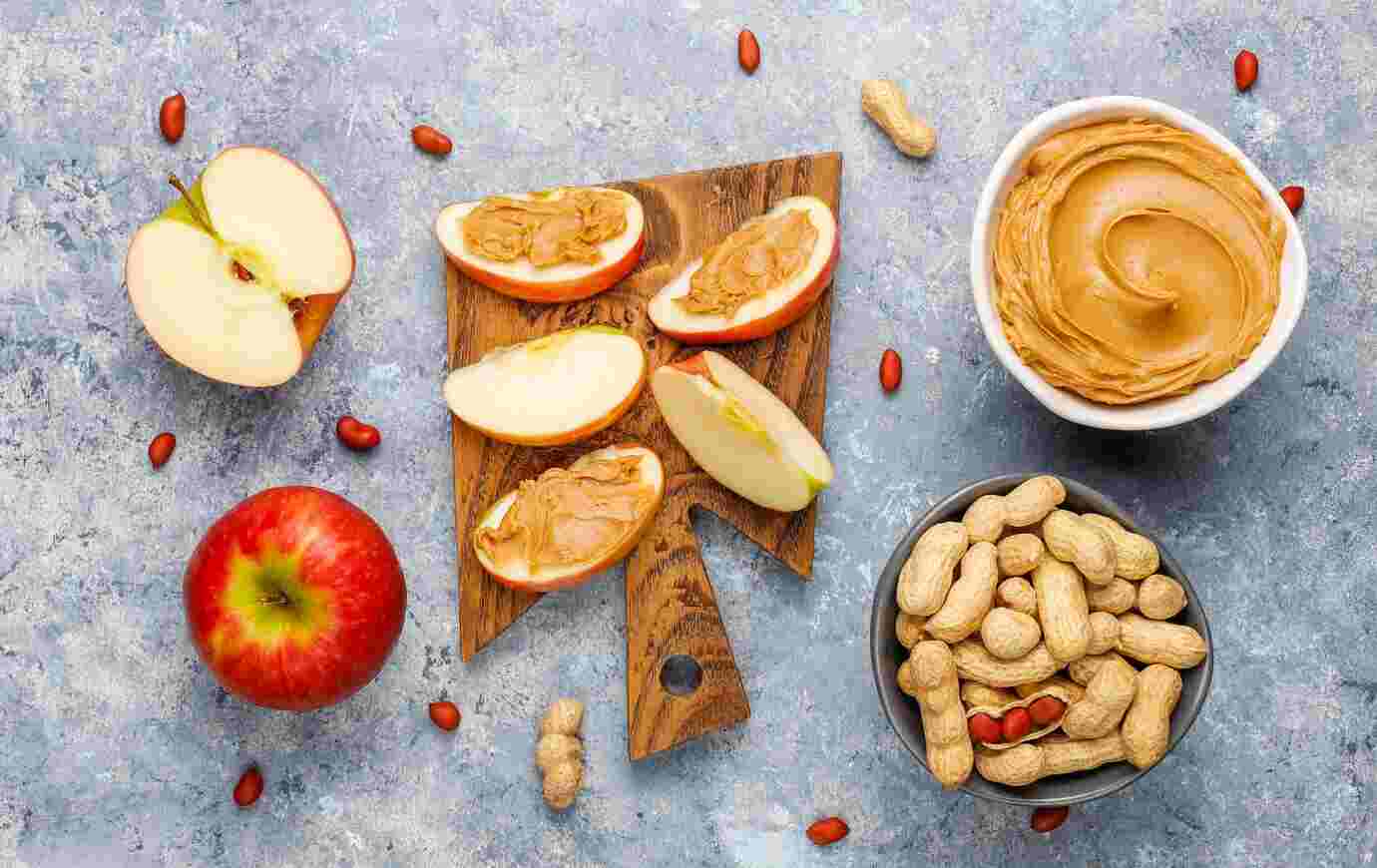Insulin resistance is a common health condition that can lead to serious issues like prediabetes, type 2 diabetes, and heart disease if left unmanaged. Fortunately, making changes to your diet can significantly improve insulin sensitivity and promote better health.
This guide will explain what insulin resistance is, how diet impacts it, and practical steps to manage it effectively with food.
What Is Insulin Resistance?
Insulin resistance occurs when your cells become less responsive to the hormone insulin, which helps regulate blood sugar levels. When this happens, your pancreas works overtime to produce more insulin, leading to higher insulin levels (hyperinsulinemia). Over time, this imbalance can cause blood sugar levels to rise, increasing your risk for diabetes and other metabolic conditions.
Common Symptoms of Insulin Resistance
- Fatigue
- Increased hunger or sugar cravings
- Difficulty losing weight, especially around the abdomen
- Darkened patches of skin (acanthosis nigricans)
- High blood pressure or cholesterol levels
If you suspect insulin resistance, consult a healthcare provider for proper diagnosis.
How Does Diet Impact Insulin Resistance?
Diet plays a central role in managing insulin resistance. Certain foods can help improve insulin sensitivity, while others may worsen the condition. The goal is to create a balanced, nutrient-dense diet that stabilizes blood sugar levels and reduces inflammation.
Key Dietary Goals
- Control Blood Sugar Spikes: Opt for foods with a low glycemic index (GI).
- Reduce Processed Carbs: Minimize refined sugars and starches.
- Increase Fiber Intake: Fiber slows digestion and helps stabilize blood sugar.
- Incorporate Healthy Fats and Protein: These nutrients keep you full and prevent overeating.
Best Foods for Managing Insulin Resistance
1. Non-Starchy Vegetables
- Examples: Broccoli, spinach, kale, zucchini, cauliflower
- Benefits: High in fiber, low in calories, and packed with vitamins.
2. Lean Proteins
- Examples: Chicken, turkey, eggs, tofu, fish
- Benefits: Protein supports muscle health and reduces sugar cravings.
3. Whole Grains
- Examples: Quinoa, brown rice, steel-cut oats
- Benefits: High in fiber and lower glycemic load compared to refined grains.
4. Healthy Fats
- Examples: Avocado, nuts, seeds, olive oil
- Benefits: Fats promote satiety and may reduce inflammation.
5. Legumes and Beans
- Examples: Lentils, chickpeas, black beans
- Benefits: Rich in fiber and plant-based protein.
6. Berries and Low-Glycemic Fruits
- Examples: Blueberries, strawberries, apples, pears
- Benefits: These fruits provide antioxidants without causing large blood sugar spikes.
7. Fermented Foods
- Examples: Greek yogurt, kimchi, sauerkraut
- Benefits: Improve gut health, which may play a role in insulin sensitivity.
Foods to Avoid
Certain foods can worsen insulin resistance by causing rapid blood sugar spikes and increasing inflammation:
- Sugary drinks (soda, sweetened juices)
- Refined carbohydrates (white bread, pastries, white rice)
- Processed snacks (chips, cookies, candy)
- Saturated and trans fats (fried foods, processed meats)
- Excess alcohol
Sample 1-Day Meal Plan for Insulin Resistance
Here’s a simple, balanced meal plan to help you get started:
Breakfast
- Scrambled eggs with spinach and avocado
- 1 slice of whole-grain toast
- Coffee or tea (unsweetened)
Snack
- Handful of almonds or walnuts
- 1 small apple
Lunch
- Grilled salmon salad with mixed greens, cucumber, and olive oil dressing
- 1 small serving of quinoa
Snack
- Greek yogurt with a sprinkle of chia seeds
Dinner
- Grilled chicken breast
- Steamed broccoli and roasted sweet potatoes
- 1 cup of herbal tea
Additional Lifestyle Tips
- Exercise Regularly: Both aerobic exercise and strength training improve insulin sensitivity. Aim for at least 150 minutes of moderate activity per week.
- Manage Stress: Chronic stress increases cortisol, which can worsen insulin resistance. Practice mindfulness, yoga, or deep breathing.
- Prioritize Sleep: Poor sleep is linked to impaired insulin sensitivity. Aim for 7–8 hours of quality sleep each night.
Frequently Asked Questions
Can insulin resistance be reversed with diet?
Yes, insulin resistance can often be improved or even reversed through dietary changes, regular exercise, and weight management.
Are carbs bad for insulin resistance?
Not all carbs are bad. Focus on complex carbohydrates like whole grains, legumes, and vegetables, which have a lower glycemic impact.
How long does it take to see improvement?
Improvements can be seen within a few weeks of consistent lifestyle changes, though significant progress may take a few months.
Takeaway
Managing insulin resistance with diet is both achievable and sustainable. By choosing whole, nutrient-dense foods and avoiding highly processed options, you can support your body’s insulin function and reduce the risk of developing more serious health conditions. Pair your diet with exercise, stress management, and good sleep to maximize results.
If you’re unsure where to start, consult a registered dietitian or healthcare provider for personalized advice.
